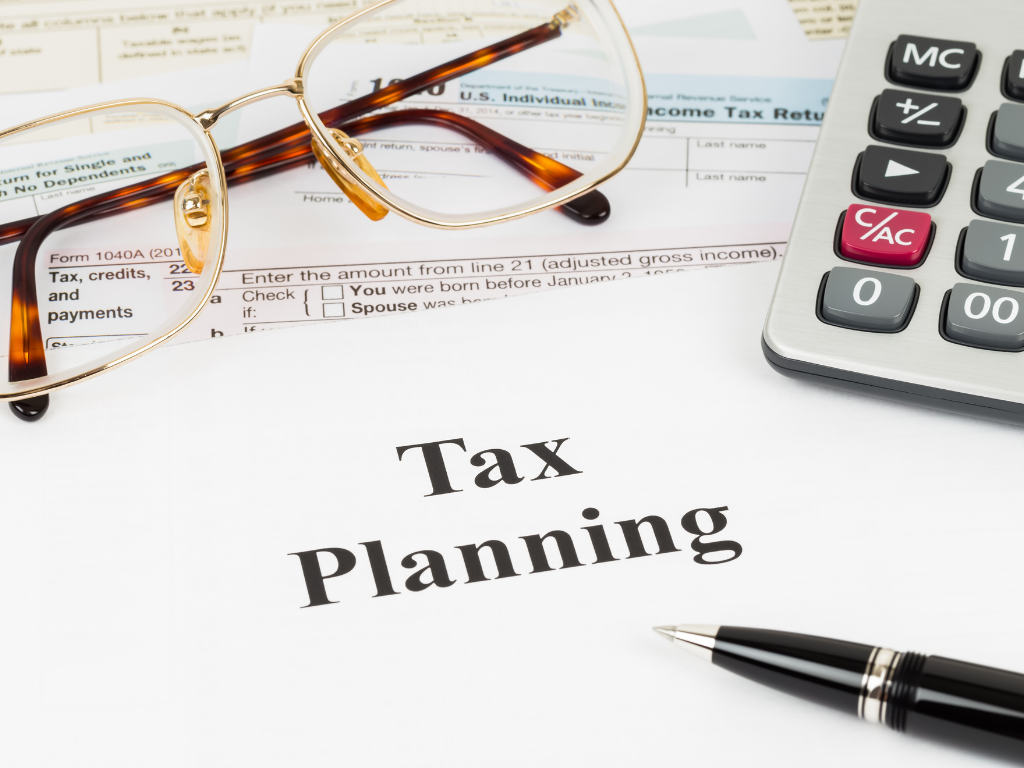For many business owners, taxes often represent a hurdle to clear rather than a strategic asset to leverage. However, those who look beyond mere compliance can unlock the transformative power of tax planning as a key driver for sustainable business growth. Rather than viewing tax as a static annual obligation, repositioning it as a dynamic component of your business strategy can substantially impact your bottom line. Effective tax planning goes beyond preparing for tax season; it integrates with your company’s financial decision-making process, influencing everything from cash flow management to long-term investment strategies.
This article outlines practical steps for business owners to harness tax planning effectively in their growth strategies.
Comprehensive Tax Analysis
Initiate your tax strategy by comprehensively analyzing your company’s financial situation. Assess all aspects—revenue, expenses, investments, and potential risks—to understand your tax obligations. Engaging with financial advisors to conduct this analysis can uncover valuable tax-saving opportunities that align with your business growth plans.
Tax Strategy and Business Goals Alignment
Ensure that your tax strategies are in sync with your business objectives. If expansion or capital investments are on the horizon, tailor your tax approach to support these aims. This could involve tax planning methods like income deferral or identifying deductions that can be claimed to reduce taxable income, thereby aligning with your business’s future financial goals.
Tax Credits and Incentives Utilization
Stay informed about tax credits and incentives that could benefit your business. Regularly review government offerings for R&D, environmental initiatives, or employment practices, and consider how to integrate these into your tax planning effectively. Consult with tax professionals to apply these credits in the most advantageous ways for your business.
Income and Expense Timing
The timing of income recognition and expense incurrence is crucial. Make informed decisions about when to realize income and incur expenses to manage your tax liabilities effectively. Adjusting the timing can lead to a more favorable tax position and improved cash flow, aiding reinvestment in your business.
Technology Investment for Tax Planning
Invest in technology to enhance your tax planning and business management processes. Accounting software and automation tools can provide accurate, real-time data, allowing for better financial decisions. This technological support is essential for maintaining efficiency and compliance with tax obligations.
Strategic Employee Compensation
Review your compensation strategies to optimize tax outcomes for the business and employees. Consider various compensation models, such as deferred compensation plans or other fringe benefits, which may offer tax advantages while supporting your talent acquisition and retention objectives.
Retirement Planning for Owners and Succession
Business owners should view retirement planning as a component of the company’s tax strategy. Structuring retirement savings tax-efficiently benefits both the individual’s and the business’s future. This planning also involves considering the tax implications of business succession and transition.
Tax planning is more than compliance; it’s a critical element of a sustainable business strategy. While navigating through these areas, it’s essential to maintain a forward-thinking approach, utilize available resources, and continuously adapt to changing tax laws. Before implementing any tax-related changes, consult a CPA to ensure the strategies are appropriate and beneficial for your business’s unique context. This careful and informed approach to tax planning will support your business’s growth and stability over the long term.
If you have questions about the topics discussed in this article, Payne Nickles can help. Working with our firm offers the unparalleled advantage of big city expertise combined with deep local community engagement, ensuring proactive, personalized service where every relationship is valued and nurtured for the long-term satisfaction and success of our clients.
Treasury Circular 230 Disclosure
Unless expressly stated otherwise, any federal tax advice contained in this communication is not intended or written to be used, and cannot be used or relied upon, for the purpose of avoiding penalties under the Internal Revenue Code, or for promoting, marketing, or recommending any transaction or matter addressed herein.
 Home
Home Sign In
Sign In Make a Payment
Make a Payment Search
Search











